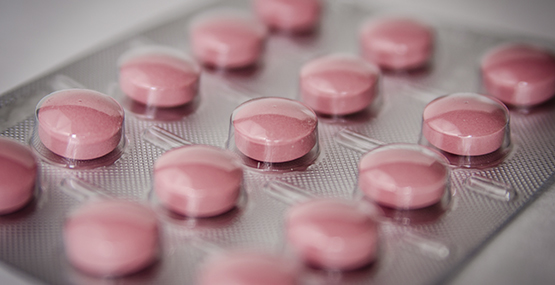
The Latest and greatest treatments for IBD: What to believe
What’s the best IBD medicine for me? Confusion on television and in your inbox....
See moresign up for our newsletter
SubscribeSteroids are useful in treating Crohn's disease and ulcerative colitis, but they are often a double-edged sword. They can get the IBD symptoms of pain, diarrhea and bleeding under control quickly and effectively. They work on IBD's over-active immune system to reduce intestinal inflammation and even intestinal narrowing if it's early. But steroids can make fistulas worse, and steroids can interfere with wound healing, if surgery is needed. Some are loaded with side effects.

One of the main IBD treatment goals is to get patients off steroids to avoid the long-term side effects of these medicines. As a result, when steroids are used, they are usually intended for just brief use and as a bridge to longer-term medication and / or dietary treatments.
All of the steroid medicines listed above are well-absorbed and accumulate in the body. That accumulation can cause serious short and long-term problems.
Unfortunately, it doesn't work for everyone with IBD. Even when it does, it helps patients get better, but it doesn't keep them better (something else has to be used long-term). And some have gotten steroid side effects when they used the medicine long-term.
This article, as well as all others, was reviewed and edited by a member of our Medical Advisory Board.
Subscribe Be the first to know